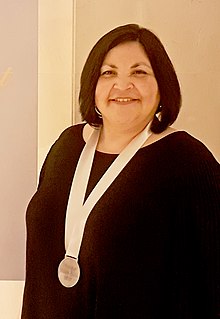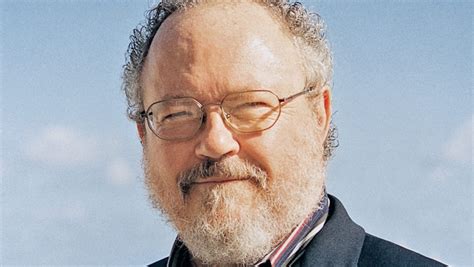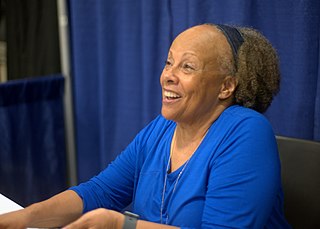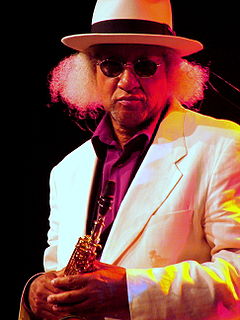A Quote by Neil deGrasse Tyson
So maybe part of our formal education should be training in empathy. Imagine how different the world would be if, in fact, that were 'reading, writing, arithmetic, empathy.'
Related Quotes
Humans aren't as good as we should be in our capacity to empathize with feelings and thoughts of others, be they humans or other animals on Earth. So maybe part of our formal education should be training in empathy. Imagine how different the world would be if, in fact, that were 'reading, writing, arithmetic, empathy.'
For the most part, people use "empathy" to mean everything good. For instance, many medical schools have courses in empathy. But if you look at what they mean, they just want medical students to be nicer to their patients, to listen to them, to respect them, to understand them. What's not to like? If they were really teaching empathy, then I'd say there is a world of problems there.
People with antisocial personality disorders aren't automatically bad - they simply approach the world with a more ruthless set of lenses. The lack of empathy or very weak empathy and the ability to read other people's weak spots can be a flammable combination when you get in the way of something they want. But they aren't a different species. They're a part of our spectrum.
I think the act of reading imbues the reader with a sensitivity toward the outside world that people who don't read can sometimes lack. I know it seems like a contradiction in terms; after all reading is such a solitary, internalizing act that it appears to represent a disengagement from day-to-day life. But reading, and particularly the reading of fiction, encourages us to view the world in new and challenging ways...It allows us to inhabit the consciousness of another which is a precursor to empathy, and empathy is, for me, one of the marks of a decent human being.
I mean, the piano, of course, but I think the piano should be taught in school just like mathematics, just like reading, writing and arithmetic. I'd say reading, writing, arithmetic and rhythm. But that should be a prerequisite, because then the quality of music in the world at least in the United States, would be much better, if everyone knew something about the piano and about music, they would know this is not good. Right now, there is so much music out that's not good, but no one knows the public doesn't know.

































